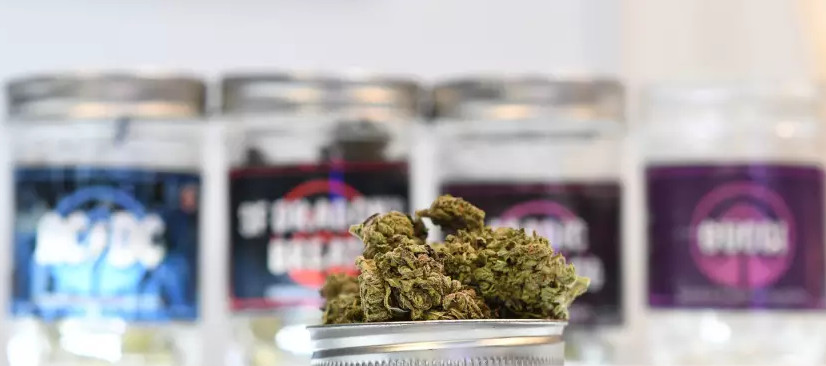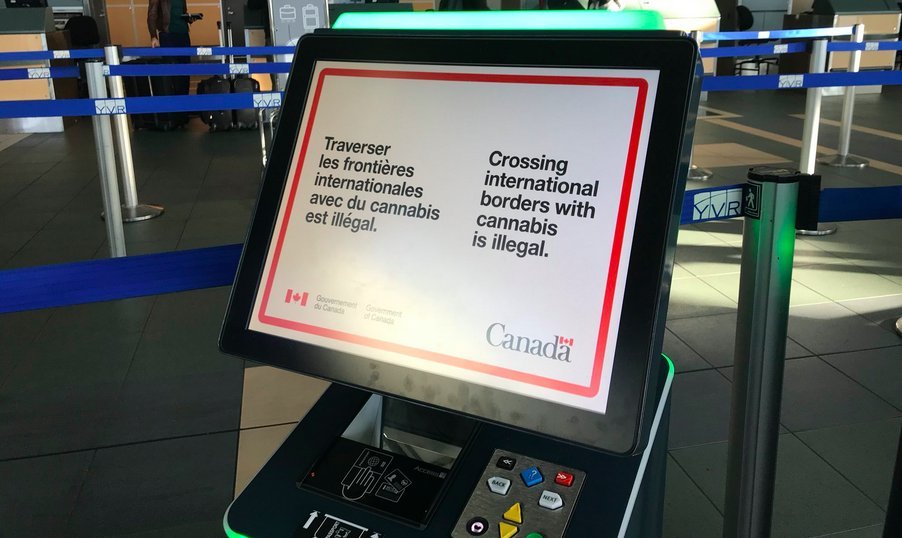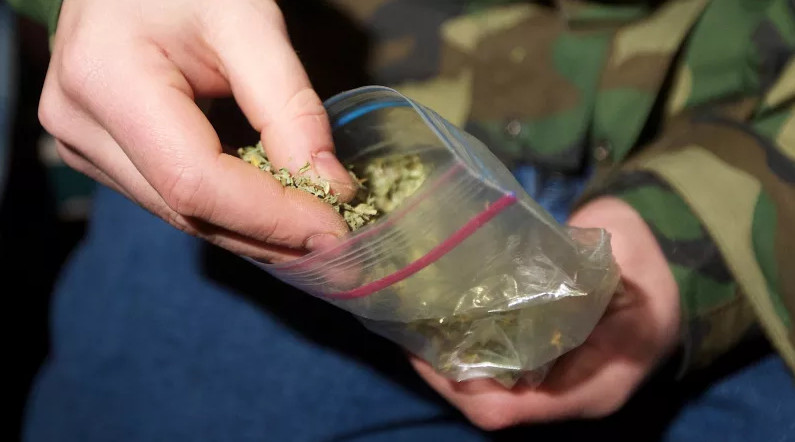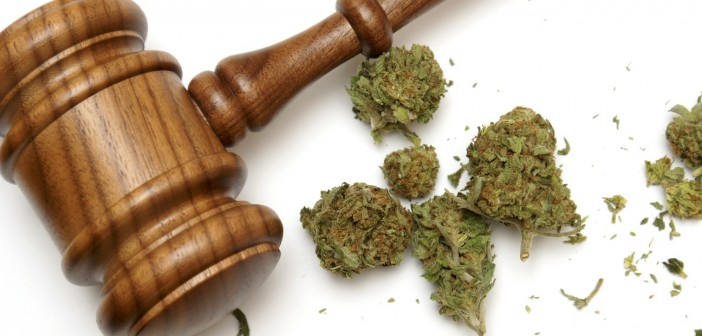Los Angeles may become one of America’s hottest marijuana markets soon, after city lawmakers approved new rules on Monday to regulate and legitimize the cannabis industry ahead of January’s full legalization of recreational use in the state of California.
The regulations, which were first drafted in March, spell out requirements for growers, manufacturers and sellers of marijuana, who would need a state license to operate and be required to follow rules about their operating hours, record-keeping and security measures.
A council committee passed the legislation, which will be taken up by the full council.
Keep Up With This Story And More By Subscribing Now
The regulations also mean, however, that current dispensaries, which can operate with medical licenses, would be shut down as they wait for their licenses under the new legislation. But City Council President Herb Wesson said he would consider a provisional license system that would prevent the loss of revenue for these businesses.
He also the city and the pot industry agree on many issues, like regulating hours and taxes for the dispensaries, but will leave the thornier parts, including licensing and public smoking laws, for later.
Medical weed has been legal since 1996 in California, but voters finally approved recreational pot 2016, and it’s set to take effect in January. Los Angeles alone expects up to $50 million in tax revenue from recreational sales next year; the city made $21 million in taxing the medical marijuana industry in 2016.
January’s debut of legal pot still has hurdles, including higher prices than the illicit market, thanks to high taxes.
Also, in California, public smoking is banned within 800 feet of such places as bars, parks, beaches and schools. Hotels also ban smoking, even on balconies, making it difficult for tourists to light up.
But the state could take a cue from Colorado, which has a booming pot tourism industry, and has found ways to circumvent the open-space smoking restrictions. These include commissioning luxury buses and private buildings (even “smoke clubs” and cannabis hotels) where tourists can smoke, and take them on tours of dispensaries.
Colorado, where retail sales of marijuana became legal in January 2014, has made $506 million in revenue according to pro-legalization research company VS Strategies. Besides California and Colorado, six other states — Oregon, Washington State, Maine, Massachusetts, Nevada and Alaska — and Washington, D.C. have also legalized recreational weed, part of the growth of the pot business from $2.7 billion in sales in 2014 to the $6.7 billion it made in 2016.
credit:newsweek.com













